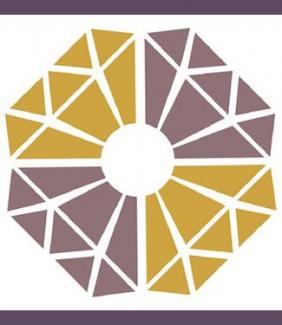Today, Senator Casey (D-PA) and Senator Murkowski (R-AK) introduced the Family Violence Prevention, Services and Improvement Act of 2021 (S. 1275). This bill re-authorizes funding and services to more than 1,500 local, public, private, nonprofit and faith-based organizations, and over 240 Tribes and Tribal organizations that respond to the urgent needs of domestic violence survivors and their children. Since 1984, the Family Violence Prevention and Services Act has remained at the core of our nation’s response to domestic violence. This bill also contains many key improvements that ensure more survivors have access to support and safety.
“We applaud Senator Casey and Senator Murkowski for their leadership in not only introducing this bill that provides so much essential funding, but it also expands support for, and access, to culturally-specific programs and programs reaching underserved communities,” said Farzana Safiullah, CEO of the National Resource Center on Domestic Violence (NRCDV). “The bill introduced in the Senate today strengthens the capacity of Indian tribes to exercise their sovereign authority to more fully respond to domestic violence in their communities, ensures that culturally-specific organization are better equipped to address the complex, multi-layered challenges facing victims from racial and ethnic minority populations, and creates a new underserved populations grant program to ensure survivors in rural communities, individual with disabilities, older adults, those identifying with faith based communities, youth and others have access to needed services.”














